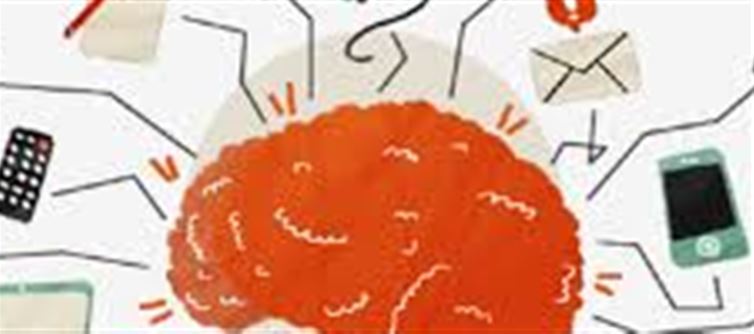
Multitasking, often perceived as a skill to enhance productivity, may actually be detrimental to brain health. While it appears efficient, multitasking involves rapid task-switching, which can strain cognitive resources and impair mental performance. Research indicates that individuals who frequently engage in multitasking exhibit reduced brain density in areas responsible for emotional regulation and behavior control, such as the cingulate cortex. This suggests that heavy multitasking might alter brain structure over time.
The cognitive costs of multitasking are significant. Switching between tasks can lead to slower processing speeds and increased errors. Studies have shown that multitasking can decrease productivity by up to 40%, as the brain requires time to reorient itself with each switch, leading to inefficiencies. Furthermore, multitasking can impair memory retention and learning, as the brain struggles to consolidate information when divided between multiple tasks.
The impact of multitasking extends beyond cognitive performance. It can elevate stress levels, as the constant switching between tasks increases mental fatigue. Chronic stress, in turn, can lead to long-term health issues, including anxiety and depression. Additionally, multitasking has been linked to decreased attention span and reduced ability to focus, which can affect both academic and professional outcomes.
To mitigate the adverse effects of multitasking, experts recommend adopting strategies that promote single-tasking. Techniques such as the Pomodoro method, which involves working in focused intervals followed by short breaks, can help maintain concentration and reduce cognitive overload. Turning off non-essential notifications and setting specific times for checking emails or messages can also minimize distractions and improve mental clarity.
In conclusion, while multitasking may seem like an efficient approach to managing multiple responsibilities, it can have detrimental effects on brain health and cognitive function. By embracing single-tasking and implementing strategies to reduce distractions, individuals can enhance their productivity and well-being..jpg)




 click and follow Indiaherald WhatsApp channel
click and follow Indiaherald WhatsApp channel